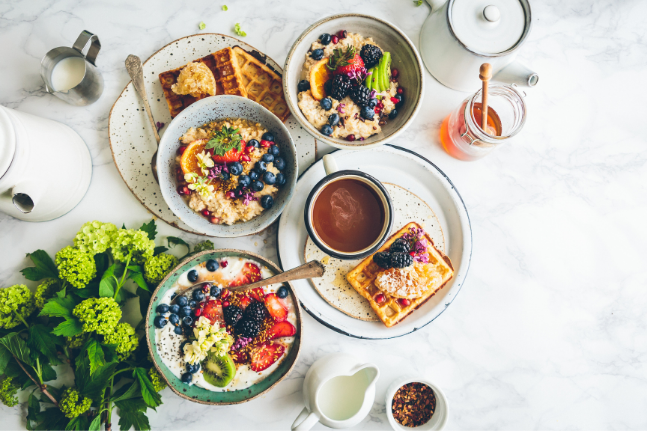Is breakfast really the most important meal of the day? We take a look at the science
Is breakfast really the most important meal of the day? We take a look at the science
As science catches up with homespun wisdom, we are finding that breakfast genuinely is the most important meal of the day and exactly what you need to eat to make the most of it.
Servings
Prep time
Cook time
Recipe
Ingredients
Method
Tried this recipe? Mention @wellbeing_magazine or tag #wbrecipe!








